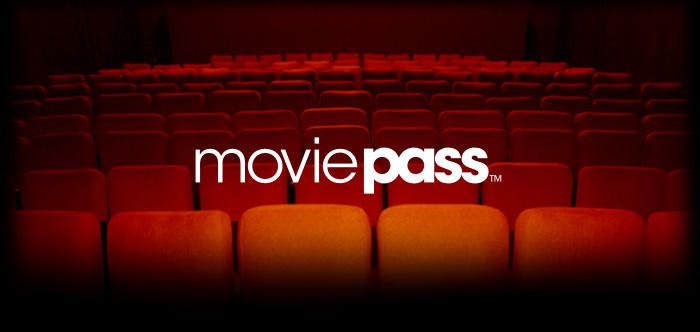Exhibition data is worth more than you think.
There’s much about cinema that makes it ripe for disruption. Consider these points:
- Major studios are limited to brand movies, not innovative productions.
Independent productions are the innovators today. - But distribution costs for indepndents have gone up with the VPF, hurting the business.
- VPFs are supposed to terminate with recoupment or term out. But when exhibitors are in control of their VPF program, it’s to their advantage to extend the VPF as long as possible, to the disadvantage of independent content producers and distributors.
- Bookers work for exhibitors, not distributors. Movies are not booked to maximize distributor revenue. They are booked to fill exhibitor screens. Indiscriminate booking further raises the cost of independent distribution when VPFs are added in.
- Major studios do a poor job of curating movie production. How often do we hear that “Rotten Tomatoes” has hurt the business? The finger should instead point at poor curation and testing.
The fix to many of these problems is data and analytics. But data is hard to come by. Exhibitors are allergic to sharing data, even if they had the deep data on their customers and tastes that is needed. If exhibitors are shy of quality data, major distributors are only deeper in the dark. In contrast, Netflix and Amazon have quality data on customer tastes and behaviors, and can target distributions as well as new productions accordingly. It’s obvious who is winning.
So how to improve motion picture distribution? The first step is learning the behaviors of those who attend movies in cinemas. What better way to learn than incentivizing movie goers with subsidized tickets purchased through a data collection mechanism. Sound familiar? It’s the thesis behind MoviePass.
To frame this in Clayton Christensen’s language, this is an industry ripe for disruption. Incumbents are entrenched in behaviors that are not beneficial to the industry or themselves. An outsider, MoviePass, has figured out how to win…and they have a patent to stay in front of potential competition.
The press is enamored with the perceived impact of MoviePass on exhibition. And exhibitors are taken aback by MoviePass’ success. But MoviePass is not interested in exhibition. Exhibitors, after all, are retailers. MoviePass is disrupting distribution through data analytics, learning movie attendee tastes and behaviors. The quality of data that MoviePass is gathering is at the level which Amazon and Netflix gathers on its customers. Think about that. Following its mentor’s footsteps, the next logical step for MoviePass is distribution. No surprise the company recently announced its entry into movie acquisition. Distribution will be followed by production of new features. Success followed by acquisitions. And, omg, if the Paramount Decree should be overturned, then the sparks could really fly.
In the long run, MoviePass could become an industry leader…not the pimple that the industry now considers it to be. Just give it time.
